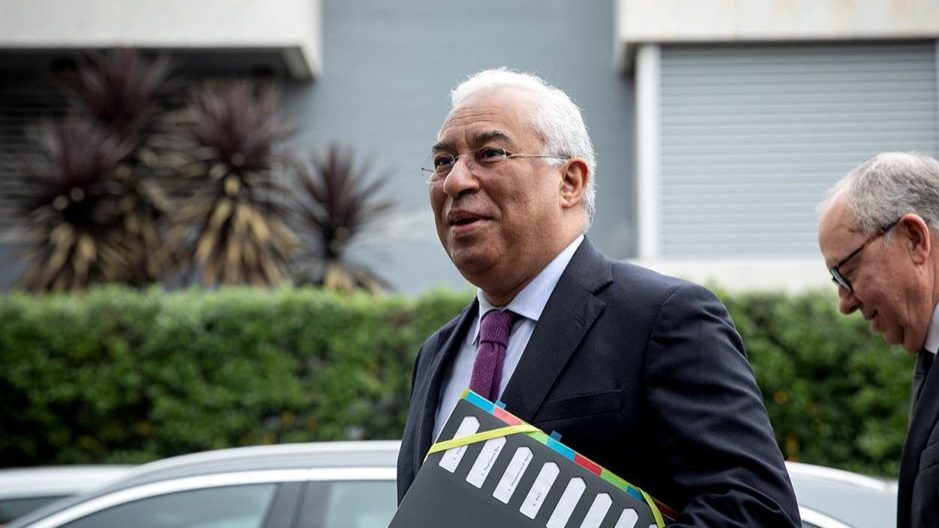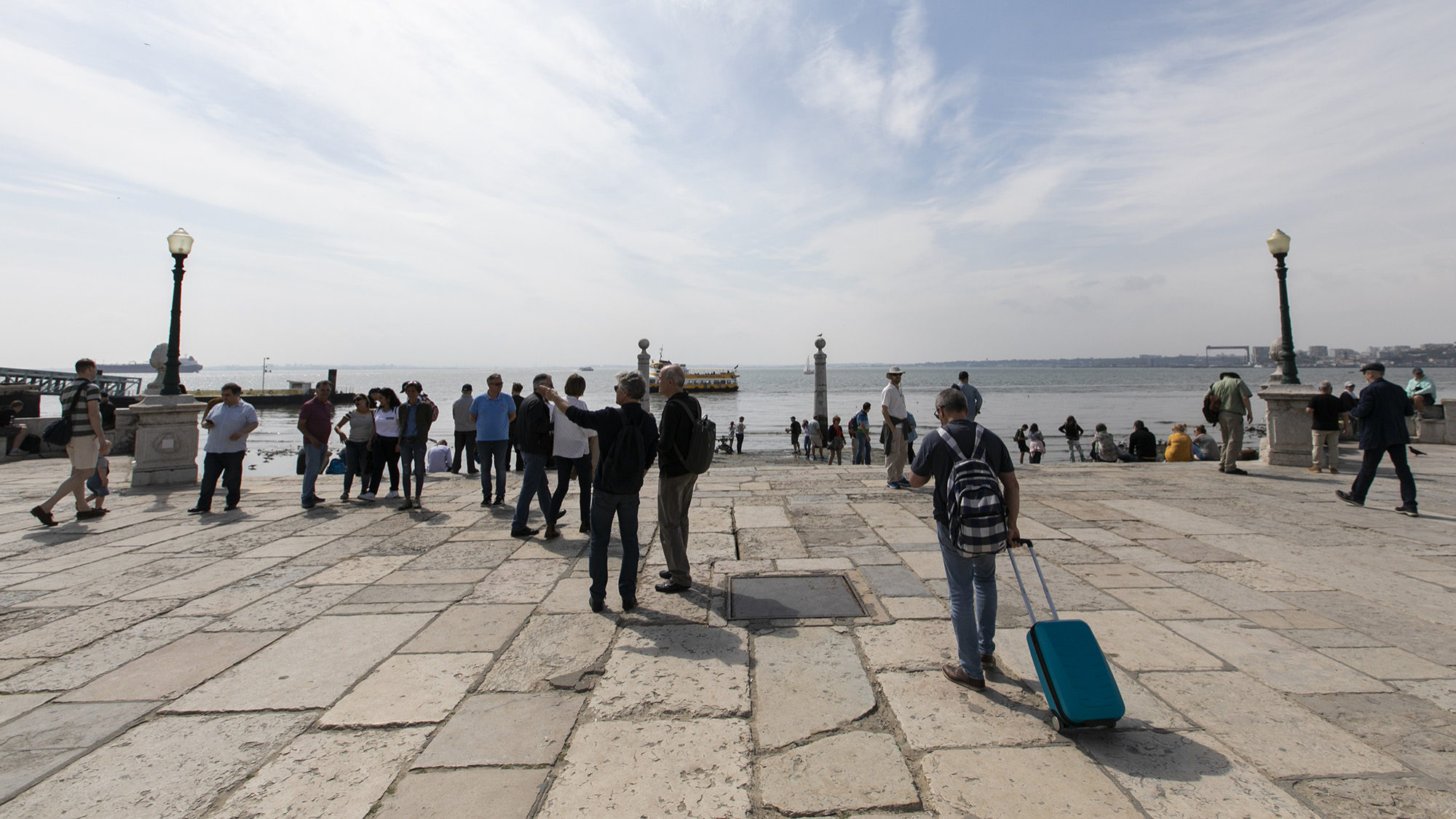PM hails Portuguese as language of future on first World Day
On the first World Portuguese Language Day, the Prime Minister highlights Portuguese as a "privileged instrument for the globalisation of our days."
The prime minister of Portugal, António Costa, on Tuesday hailed Portuguese as a “language for the future” and a key instrument of globalisation, in a message to mark the first ever World Portuguese Language Day.
“As a result of the Discoveries [of Portuguese mariners in the 15th and 16th centuries], it has mixed with other languages of the world, but it is also a language for the future serving as a privileged instrument for the globalisation of our days”, said Costa in a message, noting that Portuguese is the fourth most spoken language in the world.
The message from the head of Portugal’s government is among those included in an online ceremony that on Tuesday marks the first World Portuguese Language Day, along with others from two dozen or so leading figures from politics, culture and sport.
Citing estimates that Portuguese will have as many as 380 million speakers in 2050 and by the end of the century almost 500 million, Costa highlighted the potential of a language that is currently spoken by more than 260 million and that is an official or working language in 32 international organisations.
“The economic potential is vast, it is seen as a factor of competitiveness, either as a language of culture and knowledge, or as a language of politics and business, or even as an important vehicle on the internet and social networks”, he stressed.
According to Costa, “the geographical dispersion of Portuguese-speaking countries, the cultural diversity of their peoples and the complementarity of their economies constitute a force” that means that the Portuguese language “serves as a bridge between continents”.
It is, he went on, “today the homeland of many homelands because it is in Portuguese that the countries that have it as their official language understand and cooperate.”
The United Nations Educational, Scientific and Cultural Organization (UNESCO) in November last year declared 5 May World Portuguese Language Day, at the proposal of all nine members of the Community of Portuguese-Language Countries (CPLP) and 24 others, including Argentina, Chile, Georgia, Luxembourg and Uruguay.
Portuguese is spoken by more than 260 million people on all five continents, or 3.7% of the world population.
It is an official language of the nine members of the CPLP – Angola, Brazil, Cape Verde, Guinea-Bissau, Equatorial Guinea, Mozambique, Portugal, Sao Tome and Principe and East Timor – as well as of Macau, and is the working or official language of international organisations that include the European Union, African Union and Mercosul/Mercosur.


